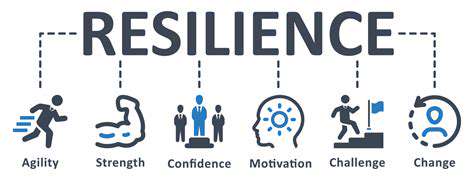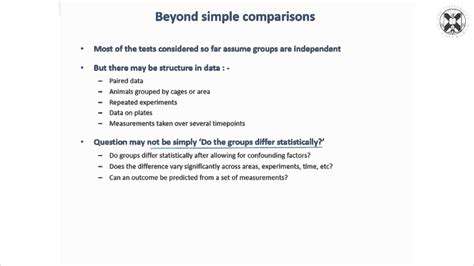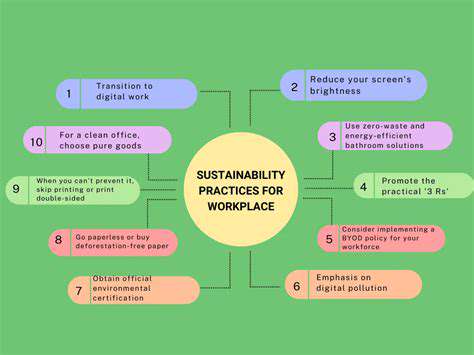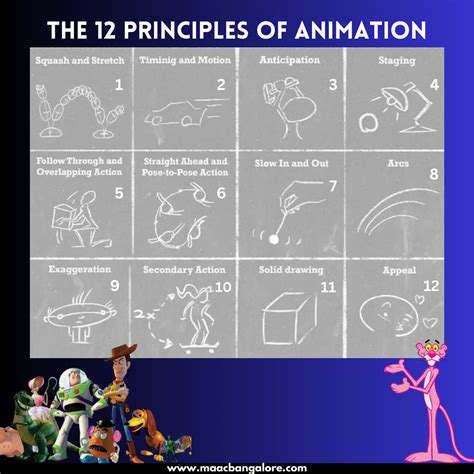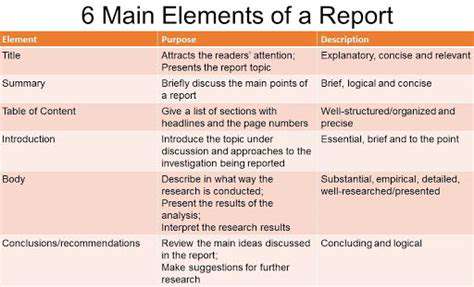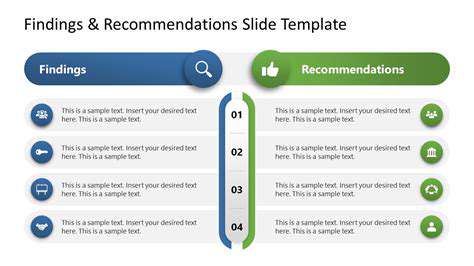How to Write a Professional Summary for Your Resume
Highlighting Your Key Strengths and Achievements
Numbers talk. Anyone can claim they're a great manager, but stating you led a 12-person team that boosted quarterly sales by 37% proves it. This section should read like your greatest hits album - only include what truly demonstrates your value. Pro tip: Use the CAR method (Challenge-Action-Result) to structure your achievements for maximum impact. For example: Faced with declining customer satisfaction scores (Challenge), I implemented a new training program (Action) that improved ratings by 29% in six months (Result).
Transferable skills deserve special attention here. Maybe you're switching industries - your summary should bridge that gap. Phrases like My background in healthcare administration equipped me with... show how your experience translates. The key is making these connections obvious for the reader. Remember: Hiring managers don't have time to connect dots - you need to do that for them.
One common pitfall? Trying to be everything to everyone. Your summary should feel tailored, not generic. If the job emphasizes data analysis, lead with those credentials. Applying for a creative role? Showcase your innovative projects first. This isn't about lying - it's about strategic emphasis. Keep multiple versions of your summary for different types of roles.
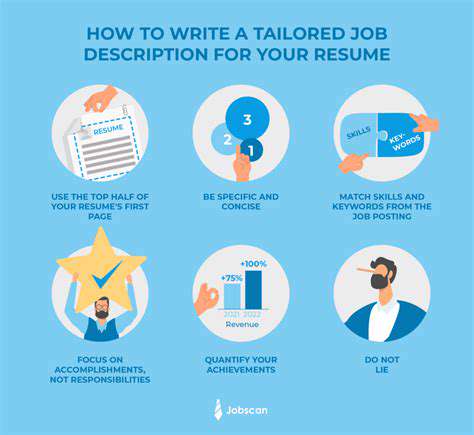
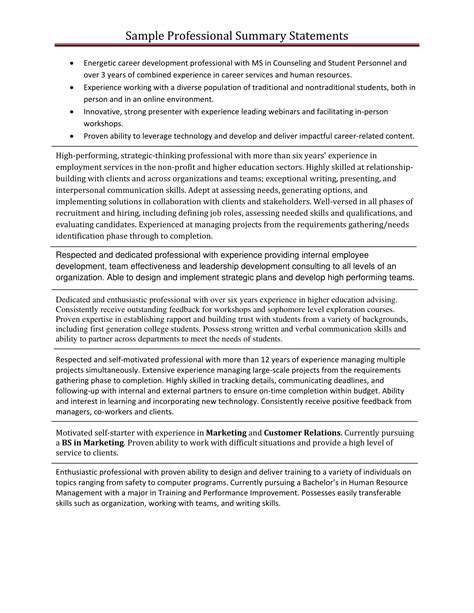
Proofreading and Refining Your Summary
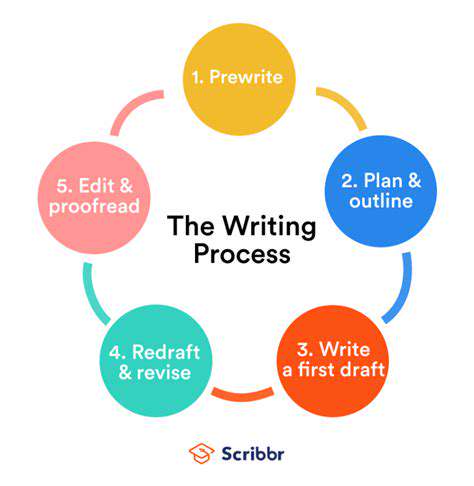
Understanding the Importance of Proofreading
Ever sent an email only to spot a glaring typo seconds after hitting send? Now imagine that mistake on your resume. Proofreading separates the professionals from the amateurs. But here's what most people miss: effective proofreading isn't just about catching errors - it's about refining your message. Try this: Read your summary aloud. Does it sound like natural speech or robotic jargon? Your ears often catch awkward phrasing that your eyes might skip over.
Create a proofreading checklist tailored to common mistakes. Mine includes:- Industry jargon that might confuse non-specialists- Passive voice constructions- Overused adjectives (hardworking, team player)- Lengthy sentences that could be splitThe best summaries go through at least three rounds of edits - content, clarity, then polish.
Refining Your Sum for Maximum Impact
Here's where the magic happens. After fixing errors, ask yourself: Does every word earn its place? Ruthlessly cut anything that doesn't directly support your candidacy. Watch for:- Redundant phrases (collaborated together - of course you did)- Vague claims (helped with projects - how exactly?)- Clichés (thinking outside the box)
The final test: Can someone who's never met you understand exactly what value you bring? Have a friend from outside your industry read it. If they can summarize your key strengths back to you, you've nailed it. If not, back to the drawing board.
One last pro tip: Formatting matters just as much as content. Use:- Consistent verb tenses (present for current roles, past for previous)- Parallel structure in bullet points- Strategic white space for readabilityYour goal? A summary so polished it makes the hiring manager think We need to talk to this person.
